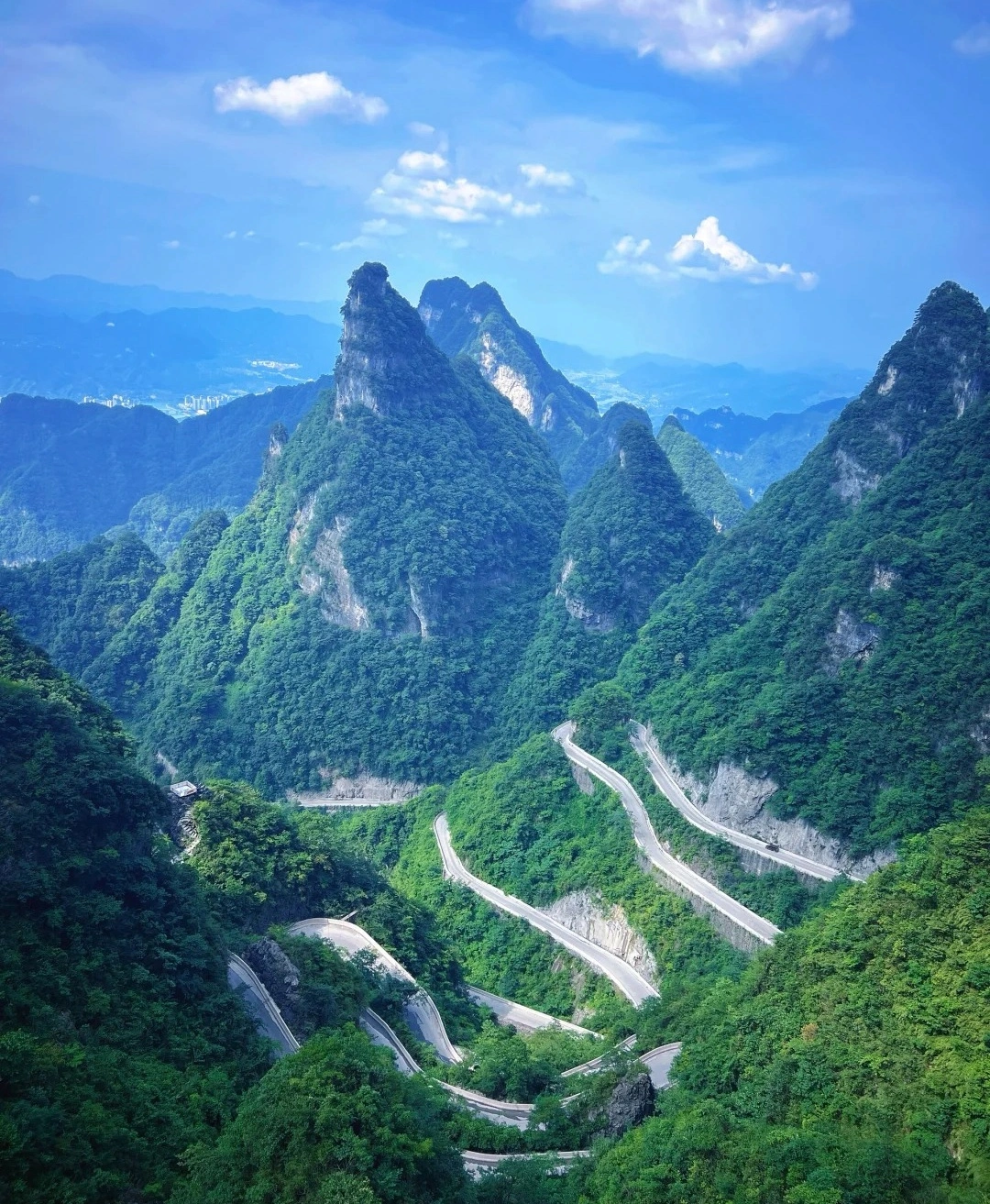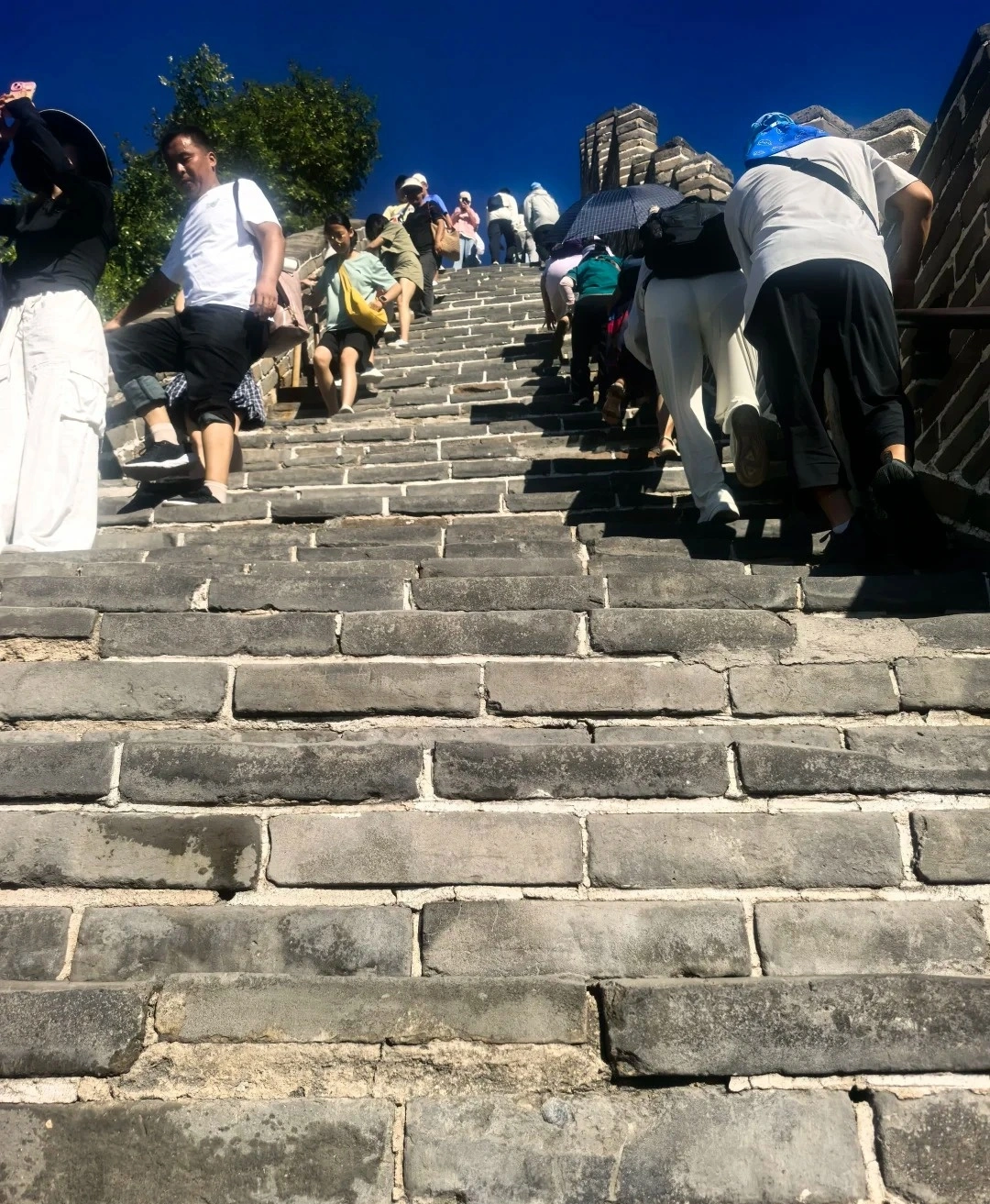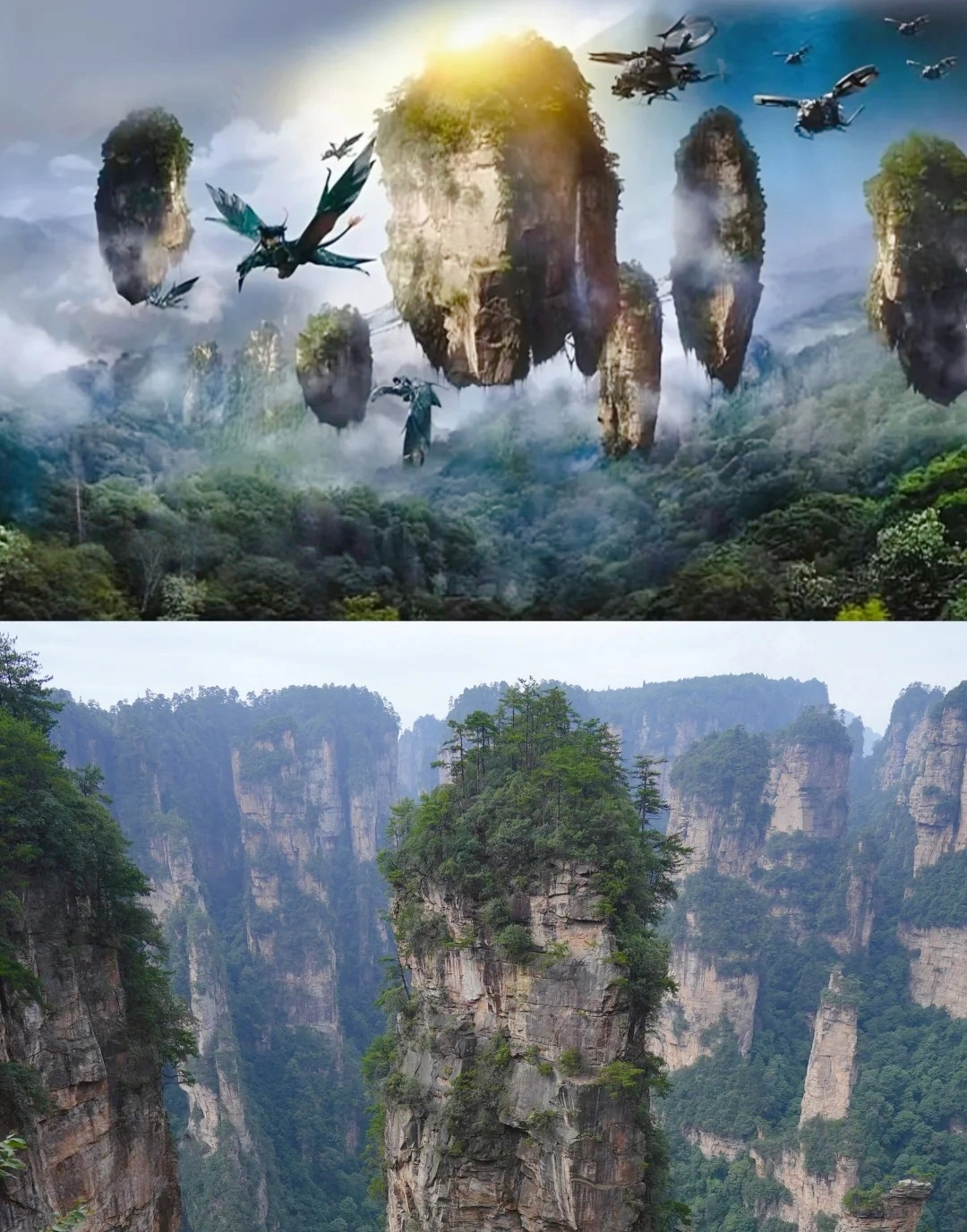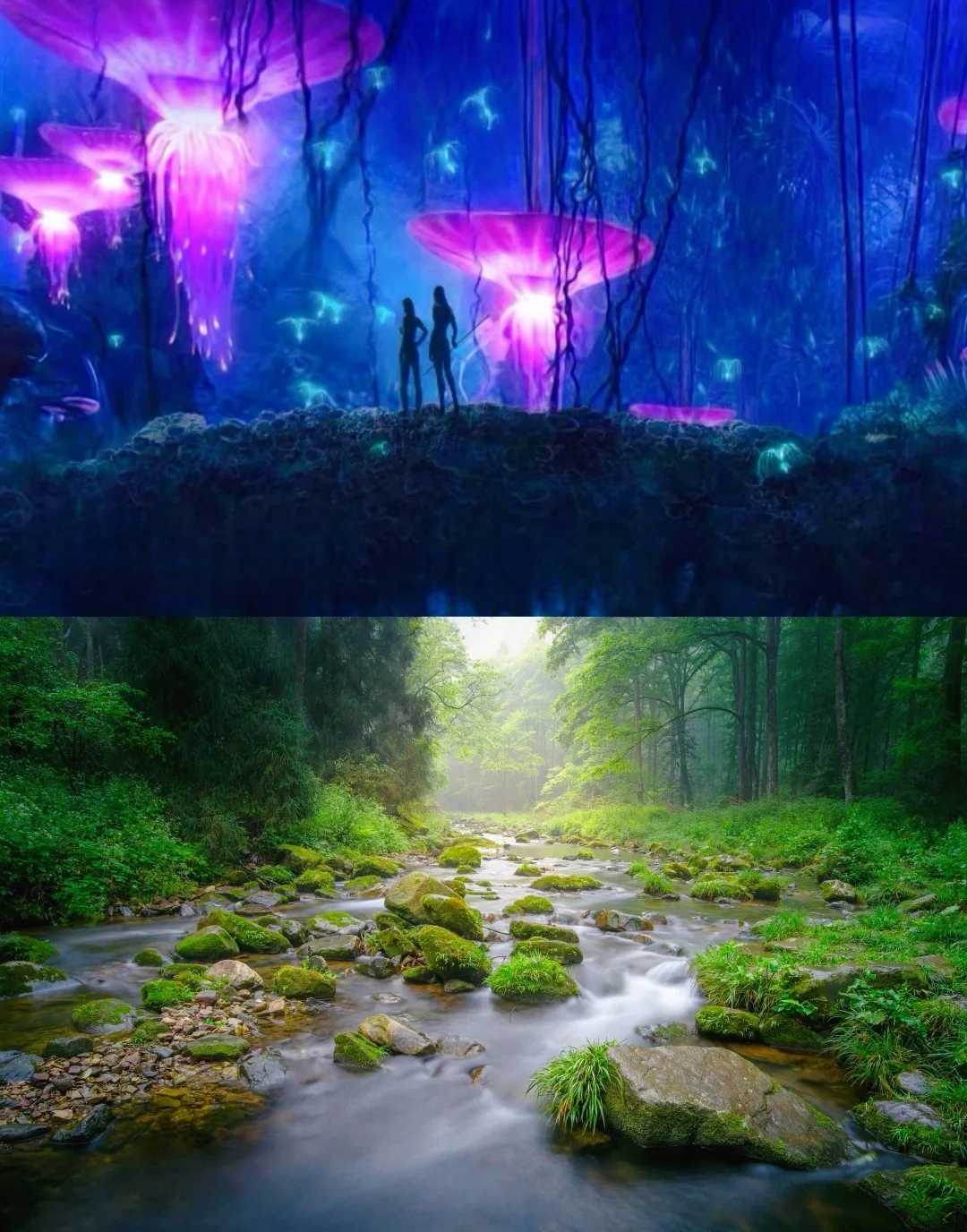Kanas Lake
Historical Overview
Kanas Lake’s geological history dates back 200,000 years to the Quaternary Ice Age, when glaciers carved its basin. Human presence traces to the 8th-century Uyghur Khaganate, though its modern cultural significance began in the 19th century when Tuvan herders settled nearby. The lake gained international acclaim in 2009 as "China’s Most Beautiful Lake" and became a focal point for ecological research due to its unspoiled Siberian taiga ecosystem. In 2025, it continues to balance tourism development with strict conservation, hosting annual ice festivals and photography contests to promote sustainable travel.
Structural Layout
The lake forms a crescent shape, divided into three zones:
- Core Zone: Restricted to scientific research, encompassing the deepest sections and primary glacial valleys.
- Buffer Zone: Open to tourists, featuring the Three Bays (Fairy, Moon, and Dragon Bays) and Fish Viewing Pavilion.
- Peripheral Zone: Includes Tuvan villages (Hemu, Baihaba) and the Kanas River basin.
Key landmarks include the 2,030-meter-high Fish Viewing Pavilion, the 4.5-km-long "Golden Stream" hiking trail, and the ancient Tuvan wooden cabins.
Major Attractions
- Fish Viewing Pavilion: Offers panoramic vistas of the lake’s color shifts and potential "monster" sightings.
- Three Bays: A 7-km hiking route with boardwalks through wildflower meadows and larix forests.
- Hemu Village: A Tuvan settlement with traditional log cabins and equestrian culture.
- Baihaba Village: Known for its 1,000-year-old willow trees and Kazakh yurts.
- Kanas River: A crystal-clear stream for trout fishing and rafting.
- Glacier No. 1: The lowest-altitude valley glacier in China (3,400 meters).
Suggested Itineraries
- Classic Route (Half-Day):
Entrance → Three Bays → Fish Viewing Pavilion → Hemu Village → Exit
Highlights: Lake colors, Tuvan architecture, and sunset photography. - Extended Route (Full Day):
Entrance → Golden Stream Trail → Baihaba Village → Glacier No. 1 → Exit
Highlights: Alpine flora, glacial vistas, and Kazakh hospitality. - Adventure Route (2 Days):
Day 1: Entrance → Hemu Village → Night Camping
Day 2: Sunrise at Fish Viewing Pavilion → Glacier Trek → Exit
Highlights: Stargazing, glacier exploration, and Tuvan music performances.
Ticket Purchase
- Online: Book via the official WeChat mini-program (up to 7 days in advance).
- On-Site: Limited tickets available; queues average 1–2 hours.
- Prices:
- Peak Season (May–October): ¥160 (adults), ¥80 (students/seniors).
- Off-Season (November–April): ¥80 (adults), ¥40 (students/seniors).
- Free: Children under 1.2m, disabled visitors, and military personnel.
Transportation
- By Air: Fly to Urumqi Diwopu International Airport, then take a 6-hour bus to Burqin County.
- By Car: Self-drive from Burqin (150 km, 3 hours) via the G219 National Highway.
- By Bus: Daily buses from Urumqi North Station to Kanas (8–9 hours).
- Within the Park: Electric shuttle buses (¥70/day) connect major attractions.
Best Time & Tips
- Peak Seasons: June (wildflowers) and September (golden foliage).
- Avoid Crowds: Arrive before 9 AM or after 4 PM; weekdays are quieter.
- Weather: Layer clothing (temperatures swing 15°C daily); carry rain gear.
- Essentials:
- Hiking boots (trails can be muddy).
- Binoculars for wildlife spotting.
- Respect Tuvan customs (remove shoes before entering yurts).
- Prohibited: Drones, littering, and approaching wild animals.
Contact Us
What Our Clients Say?
Based on 10,000+ traveler reviews













